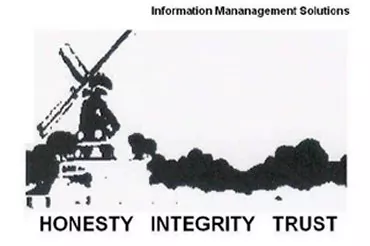So, The World Bank's Doing Business 2013 has demoted Antigua and Barbuda's ranking from its 2012 standing of 57 to a new low of 63.
According to the Report, this substantial drop of 12% is a result of Antigua and Barbuda making trading across borders more difficult by increasing the number of documents required to import.
It is, therefore, not at all surprising that commentators on this Report are recognising the weaknesses and serious flaws in these rankings.
It must be obvious that the information for the ranking has been gathered with reliance on certain economic and risk assessment provided by local government officials and politicians, anxious to conceal their often serious shortcomings.
Thus, in a year when the Stanford scandal is gathering momentum; when international treaties related to property ownership and extradition of indicted criminals continue to be breached; when Half Moon Bay owners remain uncompensated; when the IMF had interrupted its bailout for cause; when two privately owned banks have been taken over by the Eastern Caribbean Central Bank through the Government of Antigua & Barbuda's intervention and when the Government has once again secured widespread debt forgiveness from the Paris Club, it beggars belief the investment protection ranking of 6.3 has stayed the same.
This shows how out of touch these rankings are in the real commercial worlds of investment and of economic and business development.
It is interesting to note that the Guardian newspaper says that it has reviewed the rankings and that the World Bank Business Ranking Report conceals corruption and poverty. The newspaper explains that the Report's suggestions that the inclusion of Georgia and Zambia, for example, among the world's best places to set up and operate businesses are controversial, to say the least.
The Guardian has also posted a blog on 26 October 2012 from Economics Correspondent Philip Inman, in which he suggests that "it seems not only invidious but also farcical to say that Rwanda boasts a better infrastructure for business than Italy."
In further confirmation, Bin Han, a senior China representative based at the World Bank, argues that the rankings are fundamentally flawed.
Philip Inman also concurs with Bin Han's comments, "The Chinese conclusion is straightforward; the report has used a wrong methodology, failed to reflect facts in individual countries and misled readers. The questionable quality of the report has ruined the Bank's reputation."
The World Bank's Doing Business reputation seems now in tatters.
How can any credible business report ignore expropriation of private property, failure to repay sovereign debt, breach of international treaties, abuse of freedom of the press and ineffective regulation of an entire financial sector to arrive at a standing of 63 out of 185.
Is the World Bank suggesting that the 122 countries below 63 are even more corrupt and risky for investment and business? Or, is the ranking methodology in serious need of a total overhaul?
It is becoming increasingly evident that the World Bank and IMF officers are desperately trying to find positives in regimes of disrepute to make their "missions" comfortable and cozy. It is equally clear that this approach should be reviewed and replaced by proper investigations and oversight in order to repair the reputation of these entities and re-establish the role for which they were originally established.
The content of this article is intended to provide a general guide to the subject matter. Specialist advice should be sought about your specific circumstances.


